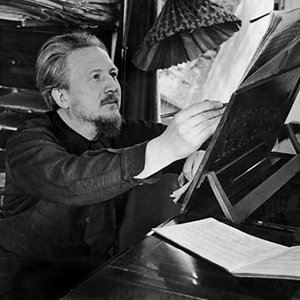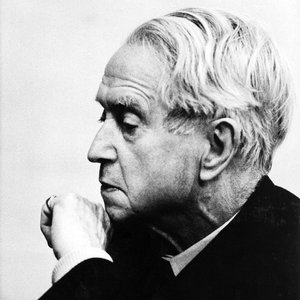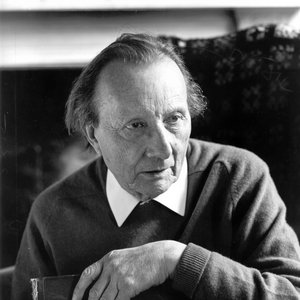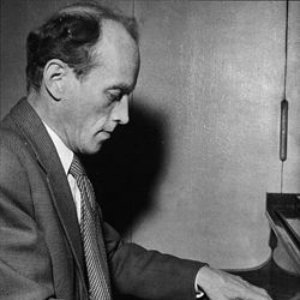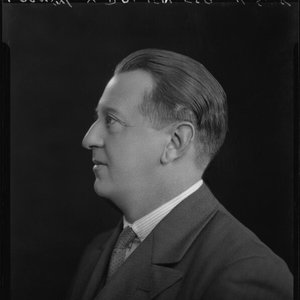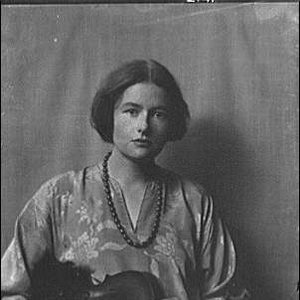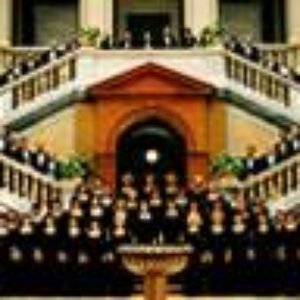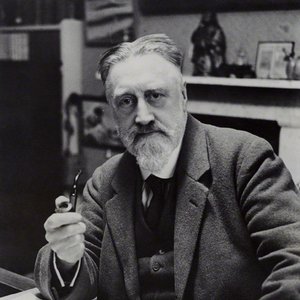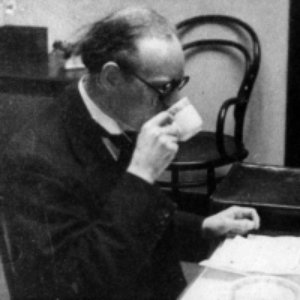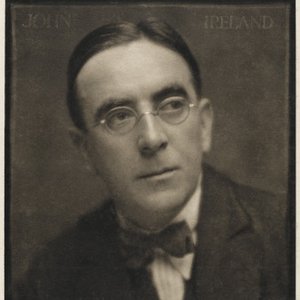Biography
-
Born
2 October 1929
-
Born In
Wakefield, West Yorkshire, England, United Kingdom
-
Died
24 August 1988 (aged 58)
Kenneth Leighton (b. Wakefield, October 2, 1929, d. Edinburgh, August 24, 1988) was an English composer. Leighton was born in Wakefield, Yorkshire and was a chorister at Wakefield Cathedral from 1937 to 1942. He earned the LRAM Piano Performer's Diploma in 1946. In 1947 he went to The Queen's College, Oxford on a Hastings Scholarship in Classics. In 1950, he graduated with both BA in Classics and in 1951 with a BMus (having studied with Bernard Rose). In the same year he won the Mendelssohn Scholarship and went to Rome to study with the Italian avant garde composer Goffredo Petrassi.
Kenneth Leighton was Professor of Theory at the Royal Marine School of Music in Deal, Kent (1952-53) and Gregory Fellow in Music at the University of Leeds (1953-56). In 1956 he was appointed Lecturer in Music at the University of Edinburgh, where he was made Senior Lecturer and then Reader; in 1968, he returned to Oxford as University Lecturer in Music and Fellow of Worcester College. In October 1970, he was appointed Reid Professor of Music at the University of Edinburgh, a post which he held until his death in 1988. He was succeeded in this post by his student Nigel Osborne.
Kenneth Leighton was one of the most distinguished of the British post-war composers; over 100 compositions are published (mostly by Novello & Co), many of which were written to commission, and his work is frequently performed and broadcast both in Britain and in other countries. Among the many prizes for composition awarded to him after 1950 were the Busoni Prize (1956), The National Federation of Music Societies Prize for the best choral work of the year (1960), the City of Trieste First Prize for a new symphonic work (1965), The Bernard Sprengel Prize for chamber music (1966) and the Cobbett Medal for distinguished services to chamber music (1967). In 1960 he was awarded the Doctorate in Music by the University of Oxford, and in 1977 was made an Honorary Doctor of the University of St Andrews for his work as a composer. He was made an Honorary Fellow of the Royal College of Music in 1982.
The works of his early maturity show a continuing desire to explore new forms, and to increase and crystallise his contrapuntal mastery with ever greater expressive force. The tremendous emotional tension he produced was always organically generated and devoid of empty gesture. Later scores displayed a greater concern with vertical methods, but with no diminution of his command of counterpoint. With the pieces of his last years, it became increasingly noticeable that a more relaxed and positive element had entered into his compositions, a new lyrical vein: not a reduction of strength or purpose, more a shedding of some of the intense retrospection which was such a feature of some of his scores from the late 1960s onwards. This broadening of emotional range can only make us regret that he did not complete the Fourth Symphony which he was contemplating at the time of his death. His contribution to the Anglican church music repertoire is frequently performed. As a composer who is clearly impressed with spiritual values, works such as Paean (for organ solo) express a cosmopolitan spirituality that transcends pure Christianity, much as Holst's Planets orchestral suite hints at the Kabbalah and approaches the realms of mystical esotericism.
As a pianist Kenneth Leighton was a frequent recitalist and broadcaster, both as a soloist and in chamber music. He recorded his piano music for the British Music Society and conducted many performances and broadcast of his own music.
Artist descriptions on Last.fm are editable by everyone. Feel free to contribute!
All user-contributed text on this page is available under the Creative Commons Attribution-ShareAlike License; additional terms may apply.

